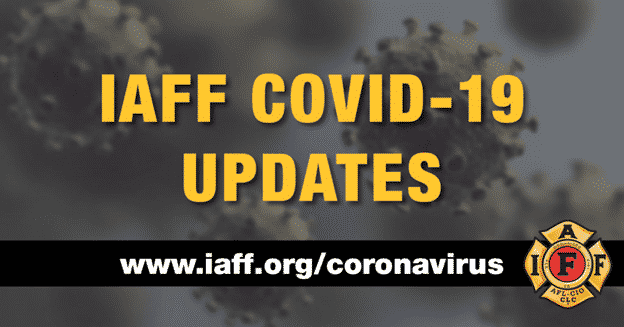The coronavirus (COVID-19) pandemic has affected every aspect of our daily lives. For fire service personnel in recovery from an alcohol or substance use disorder, public restrictions imposed by the current state of emergency can pose unique threats and challenges to an established recovery plan.
- Changes in Schedule
Having a predictable schedule that supports your physical and mental health is critical to addiction recovery. With a growing number of fire fighters and emergency medical service (EMS) personnel in quarantine or isolation, many cities are struggling to stay fully staffed. If you’re working additional hours to offset crew shortages, you have less time between shifts for important activities that support your recovery. Without time to decompress, connect with family or catch up on hobbies or activities, feelings of physical or emotional depletion may trigger cravings to drink or use. - Cancellation of Recovery Meetings
Due to COVID-19 restrictions on group gatherings, many face-to-face recovery meetings, such as AA, NA and Smart Recovery, have been suspended or moved online. If you struggle with addiction, the social support, structure and accountability provided by in-person meetings is a critical life support. The sudden loss of in-person meetings can be devastating to sobriety. - Disruptions in Treatment
For anyone struggling with addiction and co-occurring mental health issues, consistent, quality healthcare is key. If you participate in outpatient substance abuse group treatment, mental health counseling or medication management, your current treatment schedule may be impacted due to social distancing guidelines and current strains on our healthcare system. Treatment for a mental health or substance use disorder will need to be adapted during this time. - Access to Alcohol
While sporting events, schools and most businesses are closed, liquor stores remain open in many cities. Local officials fear closing liquor stores could cause life-threatening withdrawal symptoms for some, flooding emergency rooms and further straining local healthcare systems. Especially if you are in the earlier weeks or months of sobriety, a consistent access to alcohol combined with isolation and little else to do may be a recipe for relapse. - Family Stress
While your family may be a critical component of your sober support system, too much time with family can be stressful. If you are accustomed to getting off work and coming home to an empty, quiet house in the morning, finding your kids home from school and your spouse juggling work and childcare is a different environment. While stuck at home, your partner may expect you to share the burden of additional childcare or housework. Further, if your relationship or marriage is already strained, large amounts of time spent home together may leave you feeling desperate for a release. - Coronavirus Blues
As officials battle this public health and economic crisis, many are struggling with a collective sense of grief and loss for their former way of life. Virtually overnight, we have lost the ability to gather with family and friends, participate in outdoor activities and simply move about freely in our communities.
Those impacted by the cancellation of a major milestone celebration, such as a graduation, wedding, anticipated vacation or visiting a newborn baby, may feel a range of emotions, including anger. For anyone in recovery, the profound reduction in movement and social interaction can lead to serious emotional changes that threaten stability and sobriety.
Despite these challenges, relapse is not inevitable. To learn more about how you can stay in control and support your sobriety in the era of COVID-19, see Sobriety Strategies During COVID-19.
If you or a loved one is struggling with recovery, it isn’t the end. The IAFF Center of Excellence has provided lifesaving care to hundreds of fire fighters and paramedics. Contact an admissions counselor for more information.
Lauren Kosc, M.A., LCPC is a behavioral health specialist, clinician and blog writer for the International Association of Fire Fighters. The IAFF Center of Excellence for Behavioral Health Treatment and Recovery is a residential behavioral health treatment center for IAFF members struggling with addiction, post-traumatic stress disorder (PTSD) and other co-occurring mental health problems.






